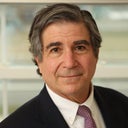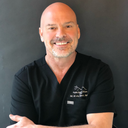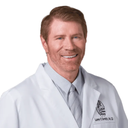Posted underBreast Augmentation q&a
ASTEFERS21Feb 23, 2016
Answers (11)
From board-certified doctors and trusted medical professionals
Dr. Larry S. Nichter, MD, MS, FACS

LF
Dr. Larry S. Nichter, MD, MS, FACS
Board Certified Plastic Surgeon
Answer
Dr. Ted Eisenberg, DO, FACOS, FAACS

TF
Dr. Ted Eisenberg, DO, FACOS, FAACS
Board Certified Plastic Surgeon
Answer
Dr. Leland Deane, MD, FACS

LF
Dr. Leland Deane, MD, FACS
Board Certified Plastic Surgeon
Answer
Dr. J. Dayne Petersen, MD

JM
Dr. J. Dayne Petersen, MD
Board Certified Plastic Surgeon
Answer
Dr. Kenneth R. Francis, MD, FACS
KF
Dr. Kenneth R. Francis, MD, FACS
Board Certified Plastic Surgeon
Answer
Dr. Steven Wallach, MD
SM
Dr. Steven Wallach, MD
Board Certified Plastic Surgeon
Answer
Dr. John M. Trupiano, MD, FACS
JF
Dr. John M. Trupiano, MD, FACS
Board Certified Plastic Surgeon
Answer
Dr. Joseph Franklin, MD
JM
Dr. Joseph Franklin, MD
Board Certified Plastic Surgeon
Answer
More Breast Augmentation Questions
See all Breast Augmentation Q&A
WE SEND PRETTY
EMAILS
What’s trending? Who’s turning heads? Which TikTok myths need busting? We’ve got you. No fluff, no gatekeeping—just real talk. Get our free, unfiltered newsletter.






